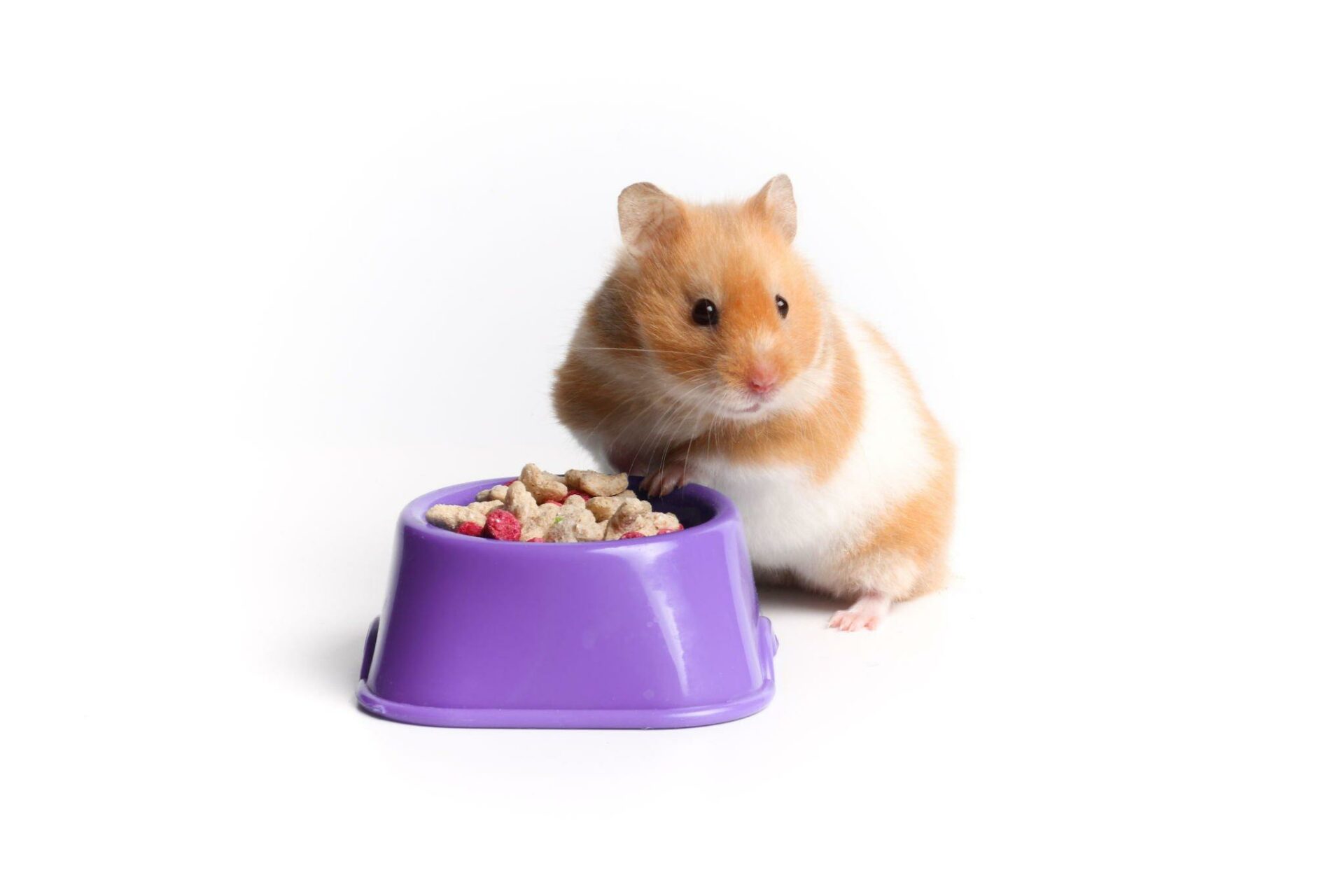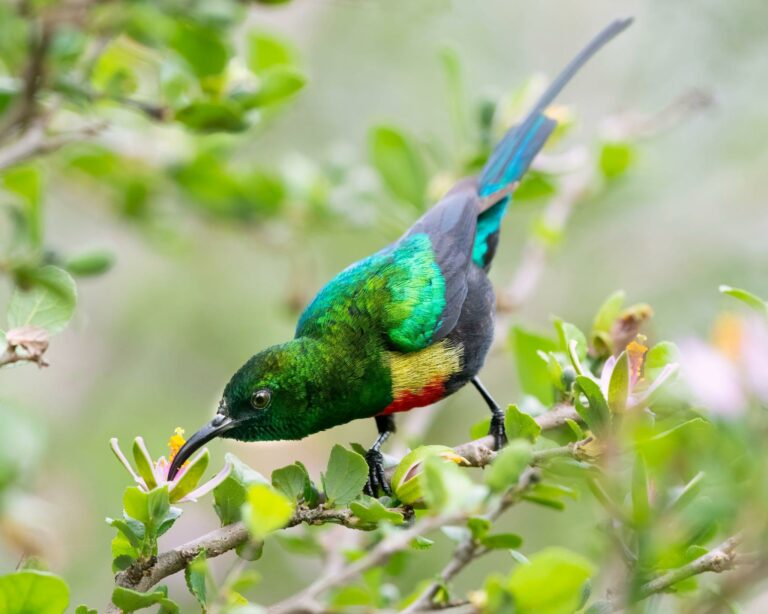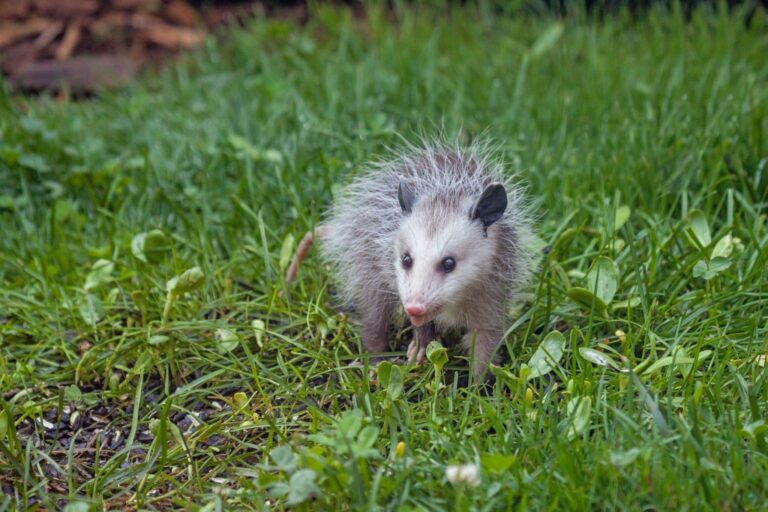Hamsters’ Favorite Foods: What Should You Feed Your Furry Friend?
Curious about what to feed your hamster for optimal health and happiness? Explore the top favorite foods that hamsters love, including fresh veggies, fruits, and essential grains. Get tips on creating a balanced diet that keeps your hamster thriving!
Introduction
There is no doubt that hamsters, those delightful bundles of fur and energy, have captured the hearts of pet enthusiasts across the globe. In addition to the adorable antics they exhibit on the spinning wheel, understanding their dietary requirements is essential to ensuring their wellbeing. We explore the secrets of hamster nutrition to ensure they are satisfied and healthy.
Hamsters’ Favorite Food
Hamsters relish a variety of foods that include fresh fruits and vegetables, proteins, and grains. Favorites among these tiny pets are carrots, broccoli, cucumbers, and slices of apple—always served in moderation and without seeds. For protein, boiled eggs, plain cooked chicken, and mealworms are excellent choices.
Hamsters also enjoy grains and seeds like sunflower seeds, pumpkin seeds, and oats, though these should be given sparingly to avoid excess weight gain. Special treats can occasionally include bits of unsweetened cereal or plain popcorn. However, it’s crucial to avoid chocolate, garlic, onions, and citrus fruits, as these can be harmful. Always introduce new foods gradually and ensure a constant supply of fresh water. By balancing their diet carefully, you help maintain your hamster’s health and happiness.
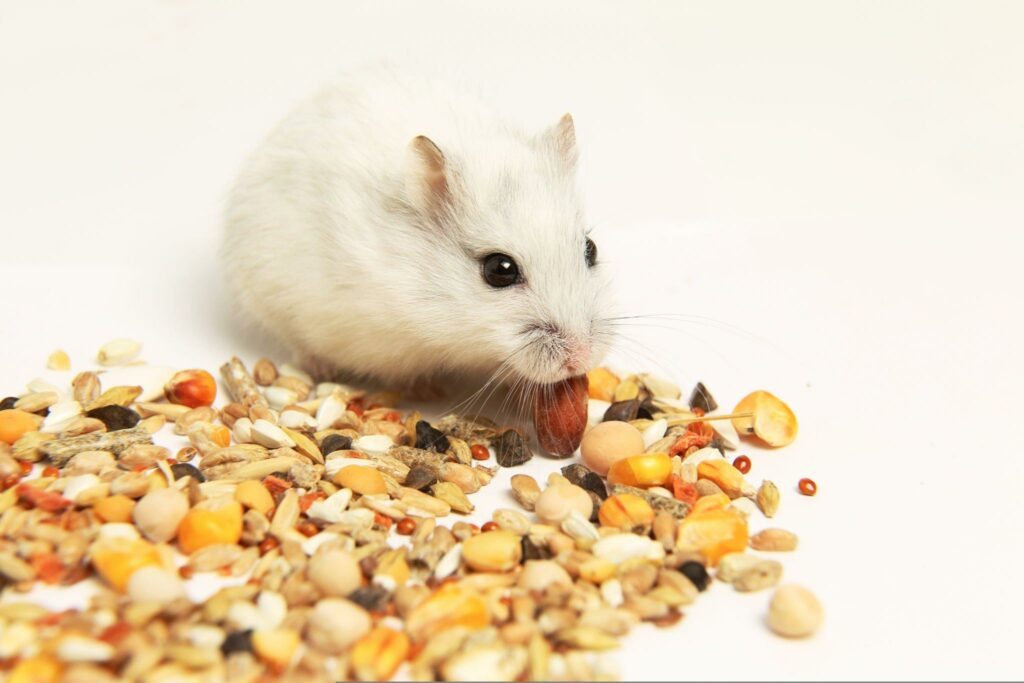
Exploring Hamsters’ Favorite Food in More Detail
Understanding Dietary Needs
There are specific dietary requirements for hamsters, as they are omnivores. Their primary diet should consist of grains and fresh produce, with occasional protein sources to ensure they receive the necessary nutrients.
- Grains: Providing essential carbohydrates and fiber to hamsters, grains such as oats and barley are the foundation of their diet.
- Fresh Produce: The inclusion of fresh vegetables such as spinach and carrots in the diet provides vital vitamins and minerals.
- Protein Sources: The occasional serving of cooked meats or mealworms is a supplement to their daily diet, although this is not a necessity.
Your furry friend‘s health and happiness can be greatly enhanced by understanding and meeting these dietary requirements.
Fresh Veggies: A Crucial Component
Hamsters enjoy leafy greens such as spinach and kale in addition to crunchy treats such as carrots and bell peppers. These fresh vegetables provide a wide variety of essential vitamins and minerals essential for their overall health.
High-Quality Pellets: The Foundation
When choosing hamster pellets, it is important to make sure the pellets are rich in a variety of grains and have minimal additives in order to ensure that the hamster receives the necessary nutrients in a balanced manner.
Seeds and Grains: A Dietary Staple
In addition to providing essential nutrition and mental stimulation, seeds and grains are an important part of a hamster’s diet. Oats, barley, and millet provide a nutritious addition to the diet of the hamster.
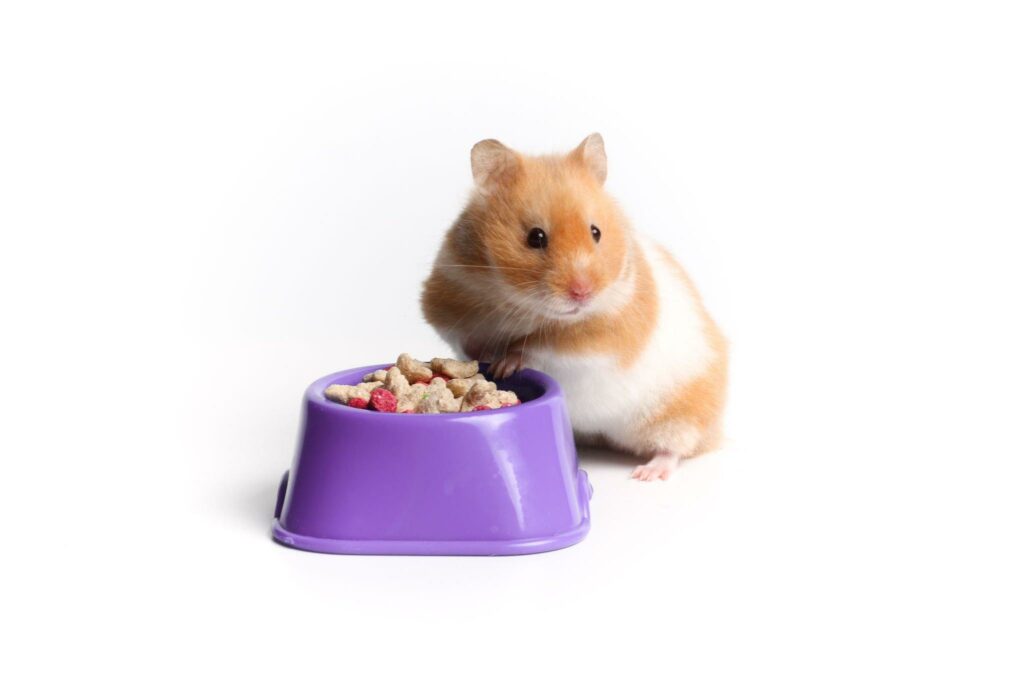
Protein Sources: An Occasional Treat
It is important to note that although hamsters do not require an excessive amount of protein, they may benefit from occasional servings of cooked meats or mealworms as part of their diet. Moderating their diet is key to avoiding upsetting their delicate digestive system.
It is important for hamsters to explore these diverse food options so that they can enjoy a balanced and nutritious diet, which is beneficial for their overall health and well-being.
Tailoring Meals: Customizing Food Choices for Your Hamster’s Preference
If you tailor your hamster’s menu to suit his or her tastes and nutritional requirements, you will be able to ensure that they receive a diet that suits their liking as well as their nutritional needs.
Experimenting with Variety: Recipes and Meal Combinations
- Recipe Corner: Create nutritious and tasty treats for your hamster by exploring simple DIY recipes. From homemade seed mixes to veggie-based nibbles, creativity in the kitchen can result in delighted squeaks.
- Meal Combinations: By mixing and matching different food items, you can add excitement to your hamster’s dining experience. Consider offering grains, fruits, and vegetables in different combinations to keep their meals interesting and diverse.
Understanding Dietary Preferences: Catering to Your Hamster’s Taste
- Observing Preferences: You should pay attention to the tastes and preferences of your hamster. Some may be attracted to specific seeds or vegetables, while others might prefer fruits. By understanding their preferences you will be able to provide them with meals that they will really enjoy.
- Adapting Meals: If you have identified your hamster’s favorite foods, make sure to offer these items along with a balanced diet to ensure that they remain satisfied and healthy.
Avoiding Dietary Pitfalls: Common Mistakes in Hamster Feeding
It is imperative to avoid certain dietary pitfalls when feeding your furry friend in order to maintain their health and well-being. Here are a few common mistakes to avoid:
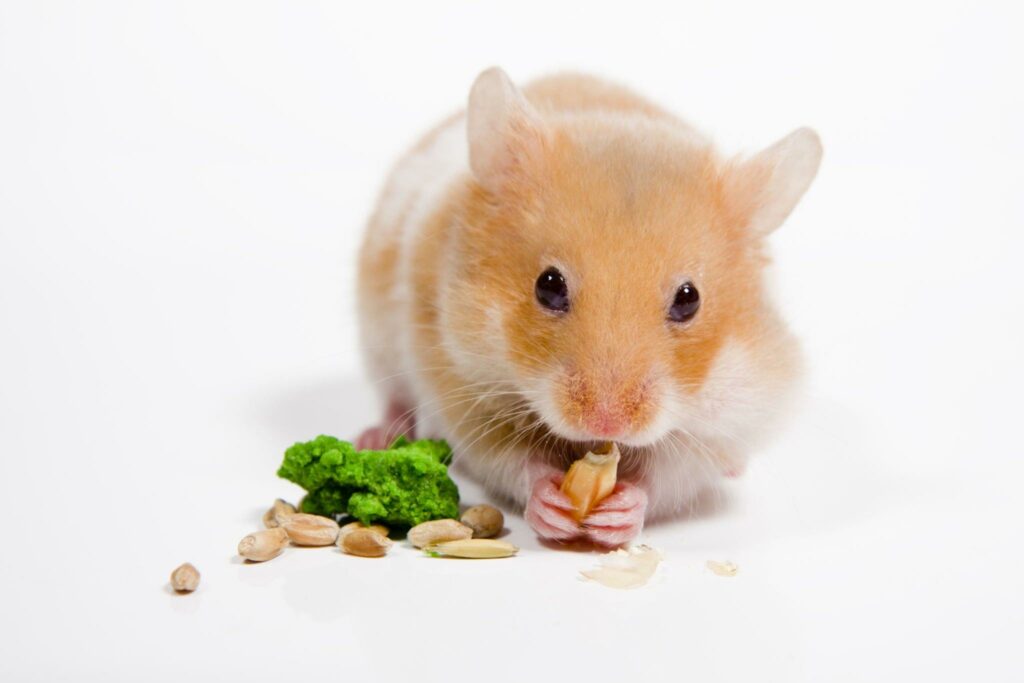
Pitfalls to Avoid: Ensuring a Safe and Healthy Diet
- Overfeeding and Selective Eating: A healthy balance between portion sizes is essential. Overfeeding can lead to obesity and other health issues. Furthermore, some hamsters are picky eaters. Encourage a variety of foods to avoid selective eating.
- Unsafe Foods: Hamsters are susceptible to certain health risks associated with certain foods. Avoid citrus fruits, onions, garlic, and chocolates, as they may be toxic and harmful to their digestive system. Research new foods prior to introducing them to them.
Catering to Specific Preferences
There are specific tastes that hamsters exhibit, similar to those of humans. Understanding these tastes and catering to them can enhance their mealtime experience and overall well-being.
Special Preferences: A Balanced Approach
Food preferences vary from hamster to hamster. Some may prefer fruits such as apples or bananas, while others may prefer vegetables such as broccoli or cucumbers. You can increase your furry friend’s enjoyment and fulfillment by observing and respecting their preferences.
Hydration Matters
Additionally, you should always ensure your hamster has access to fresh, clean water at all times. Hydration plays an important role in the health of your hamster.
A more tailored and enjoyable dining experience for your beloved hamster can be achieved by acknowledging and accommodating these specific preferences.
FAQs
What are the key elements of a balanced hamster diet?
It is important that you feed your hamster a balanced diet, consisting of vegetable pellets, seeds, and protein treats on occasion. Consistency and moderation are essential when it comes to providing your hamster a balanced diet.
Can hamsters eat fruits daily?
There are many nutrients that can be found in fruits, however they contain natural sugars, so you should only consume fruits a few times a week in order to avoid any problems with your health in the future.
Are there any foods toxic to hamsters?
You are right that certain foods, such as chocolate, garlic, onions, and citrus fruits, are harmful to hamsters and should be avoided at all costs in order to prevent them from getting sick.
Should I change my hamster’s food often?
It is best if their diet is modified gradually. Although there is nothing wrong with dramatic changes, sudden changes can upset their digestive system, so it is very important to be consistent as you change their diet.
How much food should I give my hamster daily?
The amount of pellets to be given together with just one tablespoon of fresh veggies is a good way to start. As their consumption patterns change, adjust the amount accordingly.
Can hamsters eat nuts?
There is no doubt that nuts are high in fat and can pose a choking hazard to children. Occasional, small servings of unsalted, plain nuts are okay on occasion, but they are not recommended frequently.
Conclusion
The right food is vital for your furry companion’s health, productivity, and enjoyment, so it is imperative that you make sure you give them the right food in order to ensure a healthy, productive, and enjoyable life for them. In order to provide the best environment for your pet to thrive, you need to understand their preferences and nutritional needs.

